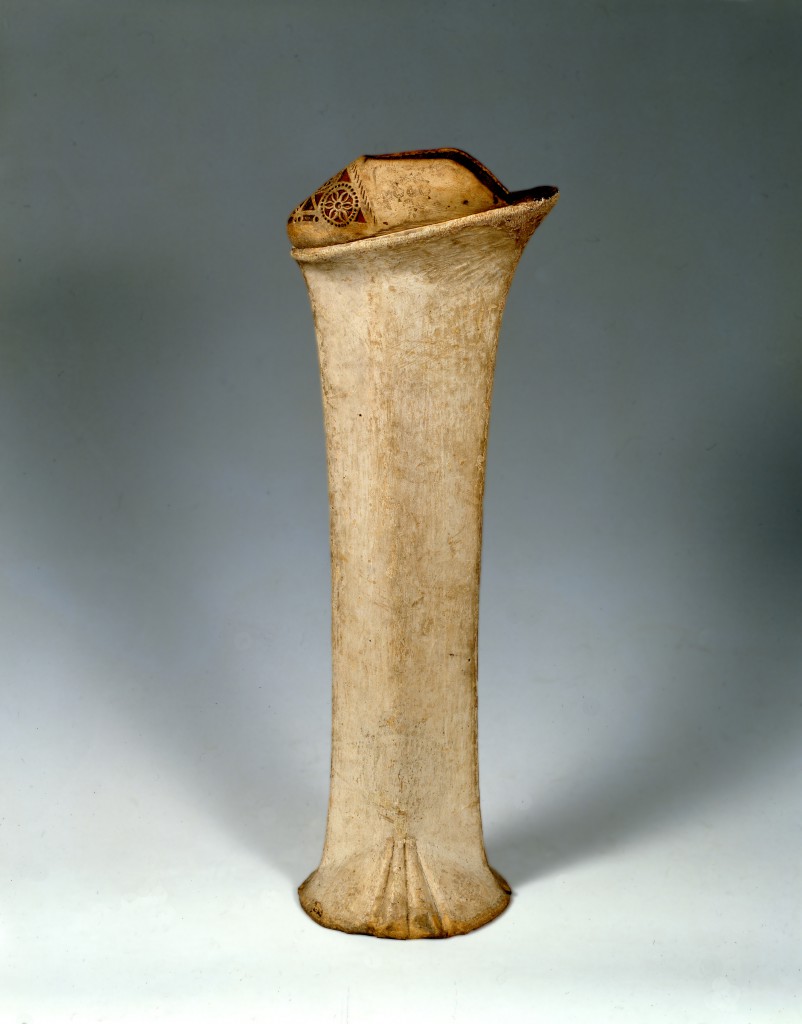
Getty
of u nu vertrouwt op betaalmethoden zonder contant geld, zoals mobiele portemonnees om bijna alles te kopen, of het idee niet begrijpt om uw kaart te gebruiken om een frisdrank te kopen, betalingsinnovaties hebben de manier waarop we geld …


Getty
of u nu vertrouwt op betaalmethoden zonder contant geld, zoals mobiele portemonnees om bijna alles te kopen, of het idee niet begrijpt om uw kaart te gebruiken om een frisdrank te kopen, betalingsinnovaties hebben de manier waarop we geld …
na een volledige verbouwing, Cindy Landon lijsten dit Malibu strand huis voor $ 18 miljoen.
Jason Christopher
op de snelweg naar de hemel wacht een bonanza. Klinkt als een religieuze mantra of een Hollywood worp. Maar het is eigenlijk een …
lichaamstaal van het vastklemmen van de kaak
lichaamstaal van het vastklemmen van de kaak
lichaamstaal van het vastklemmen van de kaak
synoniem(en): gebalde kaak, tanden klemmen, tanden slijpen, door de tanden praten, Lip occlusie.
omschrijving: de kaken lijken strak samengedrukt …
dyspepsie—indigestie en maagklachten—is een aandoening die pijn of ongemak in de maagstreek beschrijft. Een hoop symptomen kan worden ervaren in dyspepsie, met inbegrip van misselijkheid, opgeblazen gevoel, en boeren, om er een paar te noemen.
er zijn vele oorzaken van …

hoe ver zou je gaan om het hoogtepunt van de mode te bereiken? Terwijl de huidige rage voor hiel-less, “anti-zwaartekracht” schoenen avant-garde lijkt, of zelfs gevaarlijk, vrouwen dragen uitdagende schoenen voor eeuwen. In feite, hoewel de meeste denken Lady Gaga …

waar denk je aan als je de woorden “klassiek zingen?”Misschien komt opera in je op? Hier, vocale instructeur Molly R. legt uit wat klassiek getraind zijn echt betekent en hoe het kan worden toegepast op elk genre van het zingen……

Cody Buffinton
YouTuber
26 jaar oud
Single
Volledige Naam |
Cody Buffinton |
Leeftijd |
26 |
geboortedatum |
augustus 14, 1994 |
Horoscoop |
Leo |
geboorteplaats |
Connecticut |
Beroep |
YouTuber |
Netto Waarde |
$100,000 – $1M |
Martial Status |
Single |
Hoogte |
N/A |
Etniciteit |
Onbekend |
Nationaliteit |
|
Gewicht |
lbs ( kg) |
 Als u onlangs een traffic ticket Defense hebt gekregen, kunt u het hebben afgeblazen, de boete hebben betaald en verder zijn gegaan met uw leven. Als u een goede rij record, hebben niet veel tickets, en kan veroorloven om dit …
Als u onlangs een traffic ticket Defense hebt gekregen, kunt u het hebben afgeblazen, de boete hebben betaald en verder zijn gegaan met uw leven. Als u een goede rij record, hebben niet veel tickets, en kan veroorloven om dit …
Delen op
Carolina Endocrine Associates LLC is een medische groep die slechts één praktijk medisch kantoor heeft gevestigd in North Charleston SC. Er zijn 3 zorgverleners, …
traditioneel is Goede Vrijdag een van de weinige dagen in Ierland waarin iedereen zich onthoudt van de drank. Nou, traditioneel …
terwijl onze ouders, grootouders en overgrootouders afkomstig waren uit een tijdperk waarin het zijn van een vrome katholiek een …